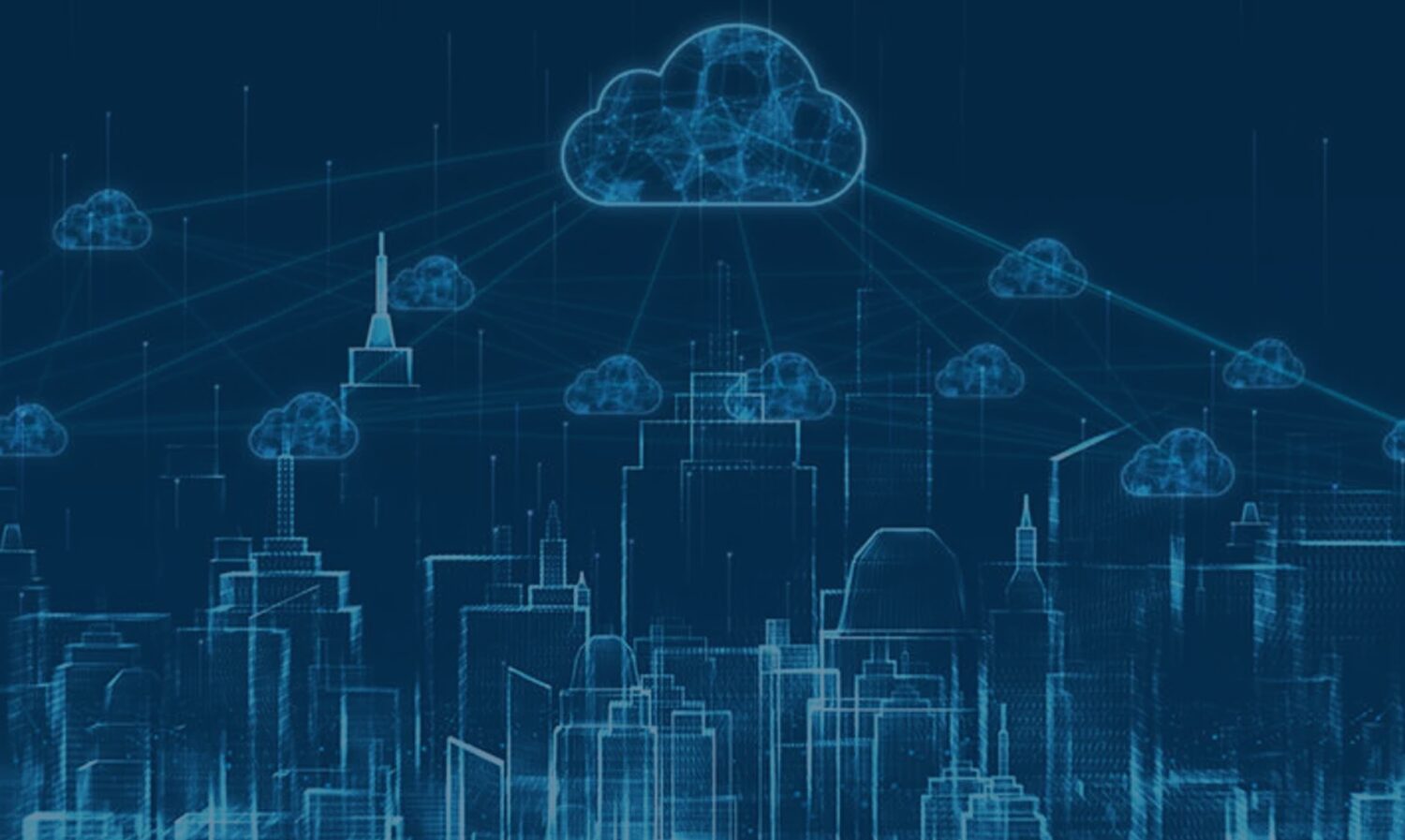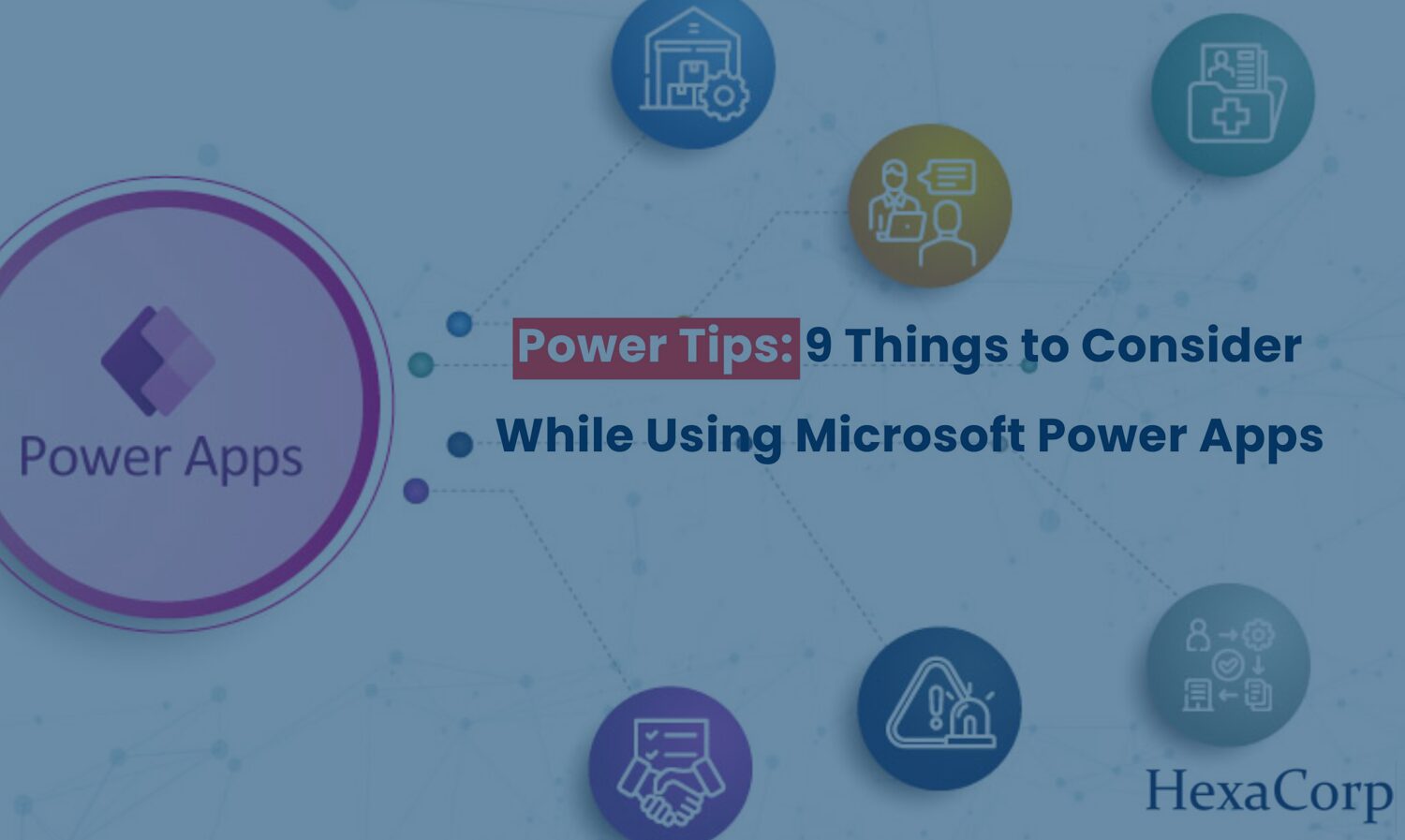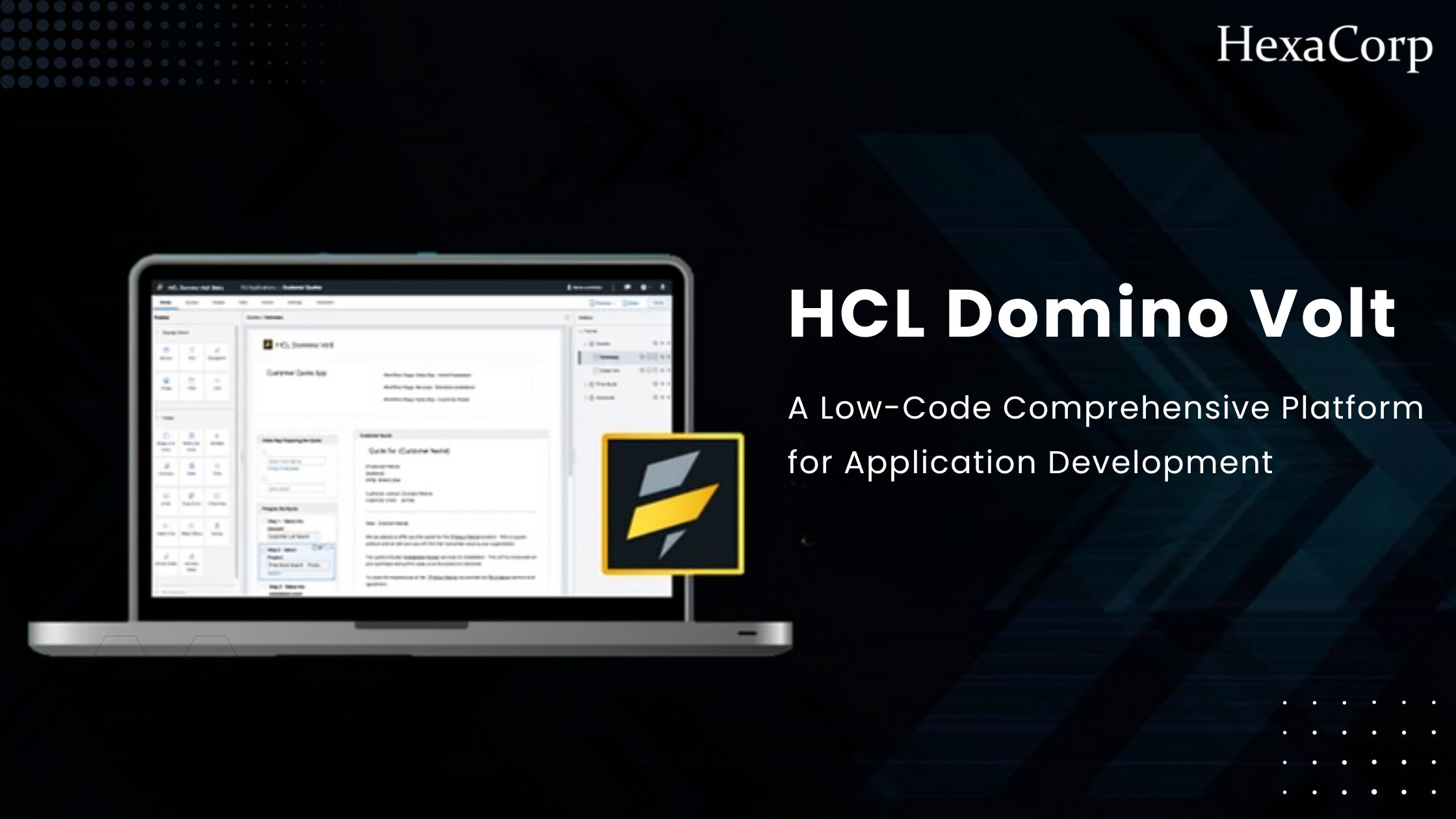- April 17, 2024
Why Businesses need Cloud Monitoring? Types, Benefits and Best Practices
Is Cloud Monitoring really necessary for your business? Well, Cloud Monitoring reached the value of USD 1.52 billion in 2020, and is expected to reach USD 6.47 billion by 2028. Cloud monitoring is not just about reviewing, monitoring, and managing series that control workflow but much more than that. Cloud monitoring services from AWS managed services, Azure cloud services, and GCP managed services utilize automated tools & services to enhance your business activities.
Now a days security and management services stand as the primary factor to organize or process cloud operations in enterprises or business groups. Businesses rely on cloud-based technology and hence security and management tools become crucial to run cloud operations with proper cloud monitoring system.
Though cloud computing delivers some undeniable benefits to your business, the biggest perks are agility, cost savings, app development, disaster recovery, and encountering customer requirements to achieve maximum CX (Customer Experience). This article explains in detail on Cloud Monitoring including types, benefits, and best practices.
Let’s have a sneak peek!
What is Cloud Monitoring?
- Cloud monitoring services are all about monitoring cloud data across distributed regions or locations. They are set to eliminate potential breaches in business and provide visibility into data applications and users.
- Cloud monitoring solutions continuously monitor the cloud ensuring real-time file scanning, and regular auditing & reporting with security standards. It also merges monitoring tools with different cloud providers.
- Cloud performance monitoring can be implemented as automated software that gives cloud administrators entire insights into the health and performance of the cloud.
- Cloud monitoring servers are crucial components of cloud security and environment often involving real-time and continuing to identify any issues that may affect service availability.
- They identify security vulnerabilities before causing significant issues and scale observability capabilities as the architecture grows.
- Many organizations choose to acquire support from cloud services like AWS cloud solutions, and Azure Cloud Services that benefit from cloud monitoring through application monitoring tools, and services with deeper insights and protection.
Why do businesses need Cloud Monitoring?
Easy Access to Information: Cloud server monitoring helps businesses to access the internet browser, a URL address where servers are hosted with credentials, and compatible operating systems. AWS cloud monitoring solutions, Azure cloud monitoring solutions, and GCP cloud monitoring solutions facilitate a single framework for governing all the organization’s facilities from anywhere in the world. The client will have a complete hold on the information that guarantees end-to-end encryption.
Data Visualization: The better way to visualize data is via graphs, tables, and charts. Cloud monitoring solutions such as AWS monitoring, GCP Cloud Monitoring, and Azure Monitoring deliver data visualization with graphs for dashboards, data statistics, alerts on present data, and historical data analytics. Each cloud platform has distinct, and separate cloud platforms whether public, private or hybrid.
Single Platform: Relevant data from various cloud platforms are gathered into a single platform which makes it feasible to monitor data resources via single platforms like AWS, Azure, and Google cloud services. Single platforms provide frequent alerts and notifications with high-value filters to apply flexibly.
Security: Cloud monitoring platforms ensure greater security with a continuous introduction to modern technologies. Data restoration can be done automatically and seamlessly in case of any loss due to disaster. Virus attacks cannot be found as the cloud software is updated regularly with frequent scanning on these servers.
Cost-Effective: With cloud monitoring, costs can be automatically reduced with ownership and maintenance of the hardware necessary for hosting the application and the databases, which means cost-effective solutions. Cloud platforms like Azure, AWS, and Google Cloud solutions, offer data centralization and a variety of installation methods and monitoring techniques with upgradation tasks and cloud maintenance.
Compliance: Every compliance requires frequent monitoring of resources, and the use of monitoring tools to prevent compliance violations.
Types of Cloud in Cloud Monitoring
Though Cloud monitoring services exhibits importance to various cloud architectures, their duties vary from each other. Types of cloud monitoring include public cloud, private cloud, and hybrid cloud.
Private Cloud:
Private clouds are simplest cloud monitoring architectures with excellent control and visibility of an on-premises cloud infrastructure, and said to maintain business access to systems, and software.
This model brings you better control with significant functioning by monitoring cloud operations, and network performance providing cloud architects the information they require to configure or change cloud processes.
Public Cloud:
Public cloud offers less visibility compared to private cloud services, so cloud monitoring is considered unnegotiable. Cloud monitoring is not as seamless as private cloud but can provide critical data on cloud resource consumption, better visibility and control over key metrics, the end-user experience, and logs, and flows. Public clouds are known to produce surprise fees due to poor visibility.
Hybrid Cloud:
Hybrid cloud architecture is unique and reduces hassles with its cloud monitoring tools. As the cloud data does not reside in a single architecture, there are chances for the security issues to rise with public and private clouds. In such scenarios, cloud monitoring helps determine which data storage to prefer, which data to asynchronously update.
The Benefits of Cloud Monitoring – Why monitor cloud environment?
Innumerable benefits flow during the cloud monitoring process. It’s evident that enterprises and businesses can solely rely on cloud monitoring even after choosing private cloud type. The benefits include:
- Improves security of cloud applications and networks. It eventually reduces the cost of fixing security threats, and enables DevOps to mitigate risk.
- By simplifying the implementation of continuity plans, and enabling proactive planning, businesses can get out of risk easily.
- Identify issues and try to minimize or prevent them to reduce cost overruns that feeds on your margins overtime. Businesses will be able to achieve and maintain ideal application performance.
- Solve architectural issues such as misconfigurations that effects the customer base, and optimize service availability with rapid issue reporting and rapid resolutions.
- Understand your application performance and use insights to enhance user performance and prevent poor customer satisfaction.
- Cloud monitoring servers enables to analyze your cloud-based services perform on multiple devices to optimize the performance.
- Enhance visibility and manage your cloud environments with automation. Identify the root cause and patch them efficiently and ASAP.
Five Types of Cloud Monitoring
Website Monitoring: Website monitoring assist in tracking severak aspects of cloud-based websites, such as traffic, availability, and resource usage.
Monitoring Virtual Networks: They include monitoring activities and components involving virtual network connections, devices, and performance.
Database Monitoring: It helps you analyze data integrity, querying, availability, application data usage, and identifying bottlenecks which hinders efficient data transmission.
Monitoring Virtual Machines: It includes monitoring health, traffic logs, and scalability in response to fluctuating workloads.
Monitoring Cloud Storage: It provides insights into users, application performance, storage costs, security threats, and other key indicators.
Best Practices of Cloud Monitoring
More than implementing cloud monitoring services, it’s important to follow the best practices to ensure best results and fulfilled benefits.
- Determine youd cloud monitoring activities, and choose metrics that meets your business targets.
- It’s best to consolidate report data into a single platform in order to prevent complexity and conffusion that arise from various cloud infrastructures. The cloud services must transform your data into single platform calculating metrics comprehensively.
- Track the subscription and fees as cloud monitoring services can become costly the more you use them. Select an advance service that can track cloud activity and determine the cost.
- Track the users who are utilizing cloud applications and also track your accountability, and also get to know the users activities with certain clous applications. Monitor response time, frequency of use, and other metrics.
- One can automate rules with appropriate data to account activities below thresholds and ensure to add or remove servers to maintain cloud performance.
- Keep testing your monitoring tools at regular intervals, and when they seem operational, breaches may appear, so testing your tools will leave you with no surprises later.
Why HexaCorp Solutions for Cloud Monitoring Services?
HexaCorp is trained to resolve various issues tied up with cloud monitoring servers. We esnure better and one-stop solutions with apprpriate cloud monitoring systems for your business requirements. Our Cloud Monitoring services include:
Azure Cloud Monitoring: HexaCorp’s Azure Cloud Monitoring constantly monitors & resolves potential issues via Proactive Cloud Monitoring services prior to business challenges. Utilization of Azure Managed cloud monitoring tools can assist in threat hunting & vast security management associated with time-tested processes to eradicate failures.
AWS Cloud Monitoring: With AWS Cloud Monitoring, monitor logs & metrics 24/7 with AWS managed service providers to encounter performance hassles. Cloud monitoring alerts helps you witness AMS combining automated remediations, cloud experts, engaging with comrades to perceive greater insights & forestall drawbacks.
Google Cloud Monitoring: Our Google Cloud Monitoring provides visibility into performance, availability, and improves the overall cloud activities. We offer automatic metric collection dashboards, and support hybrid as well as multi-cloud environments.
Conclusion
Cloud monitoring operations can benefit your business to target business goals at ease. Choose your best cloud monitoring providers to enhance performance and sustain in the competitive industry. Cloud monitoring providers can reduce your labour and is cost effective too. So, try selecting that fit your business needs.
For more information on cloud monitoring enviroment, visit www.hexacorp.com
Happy Learning!!




